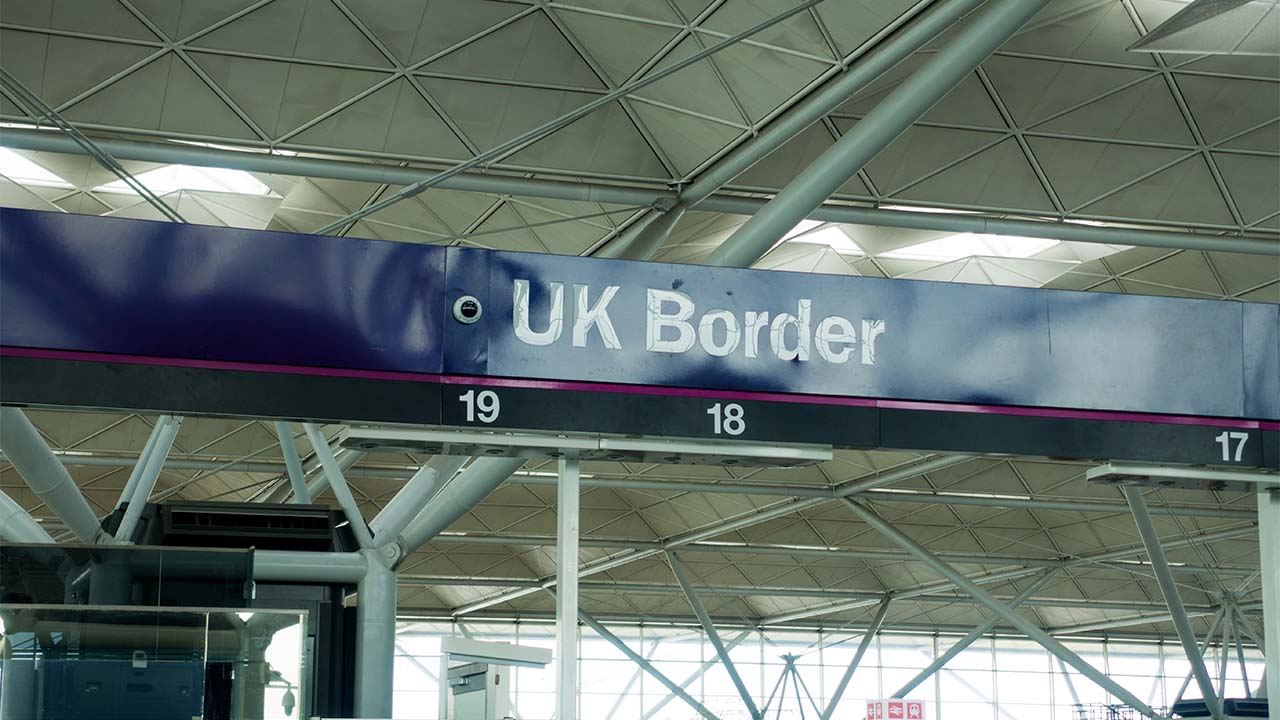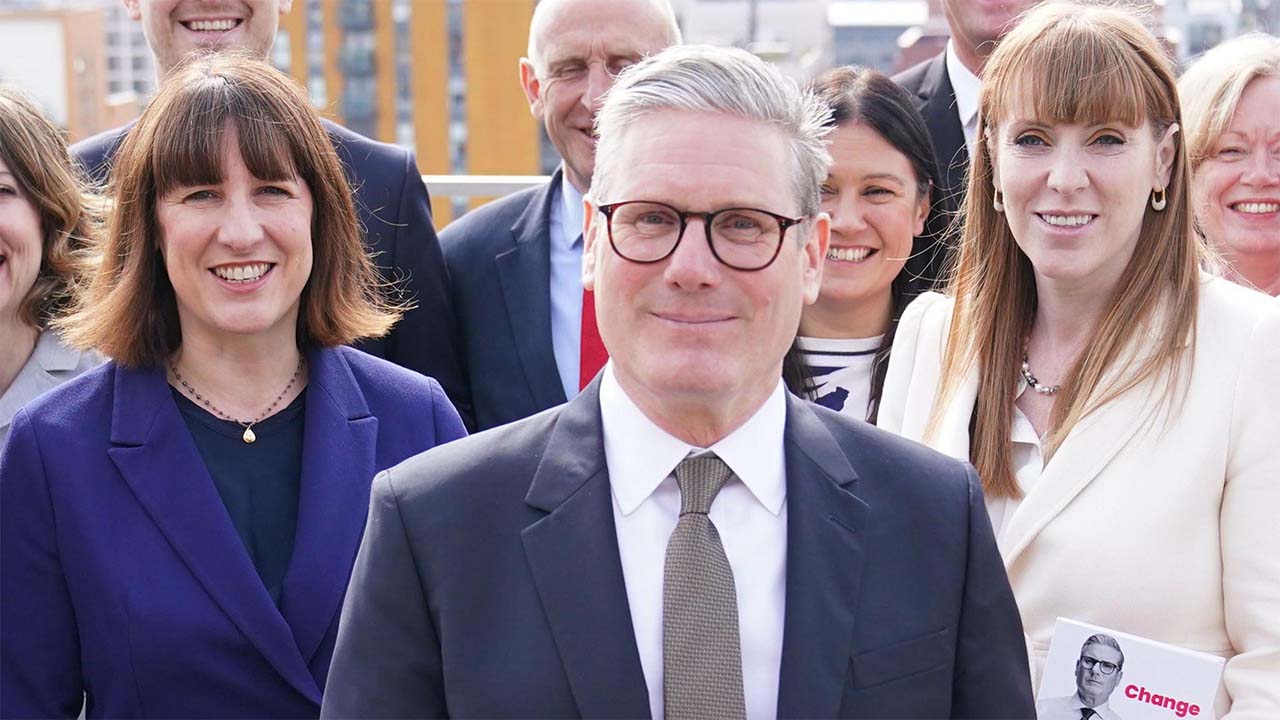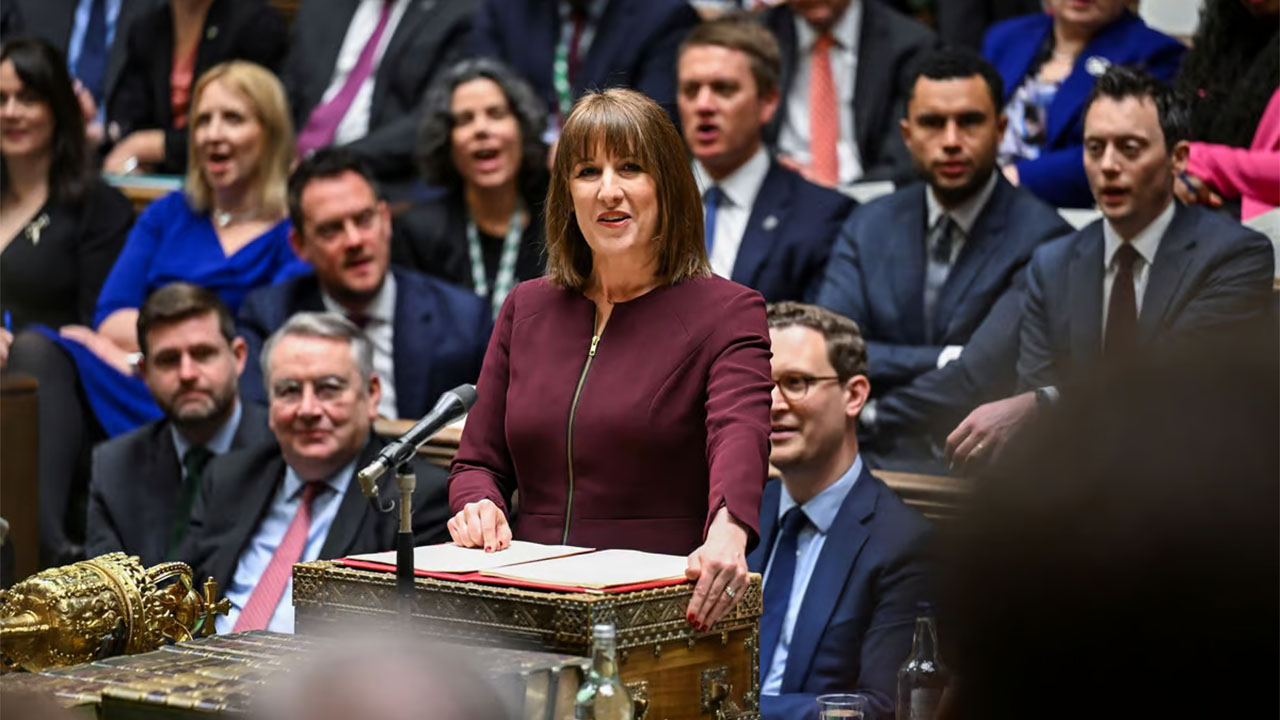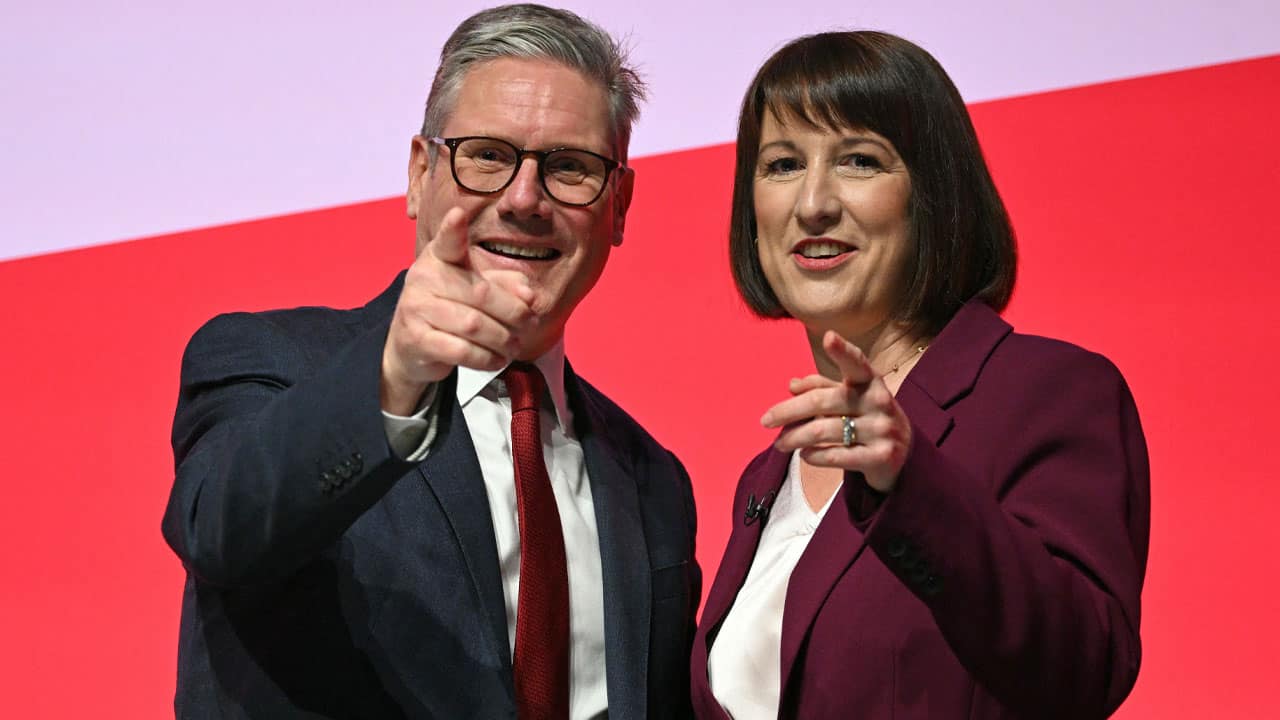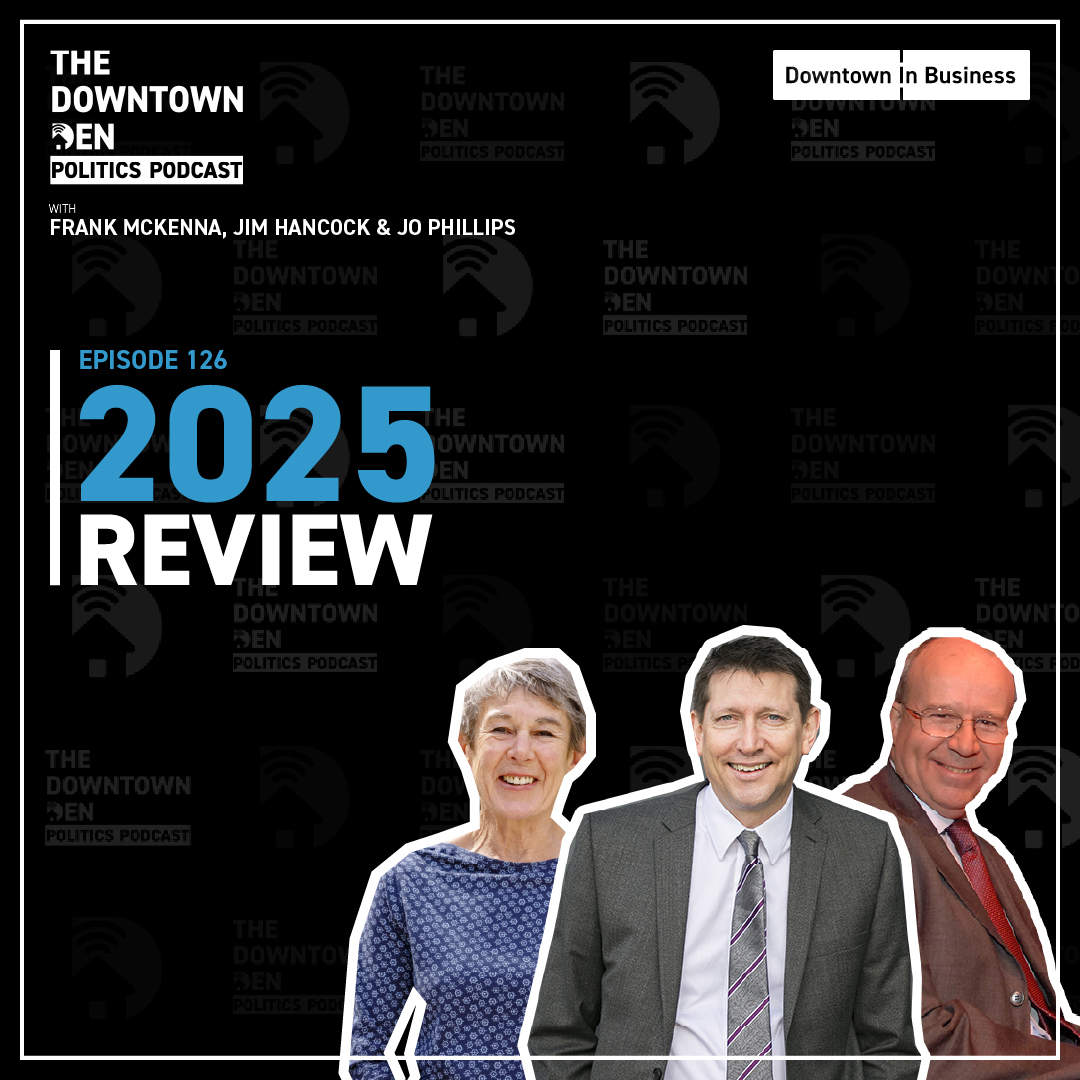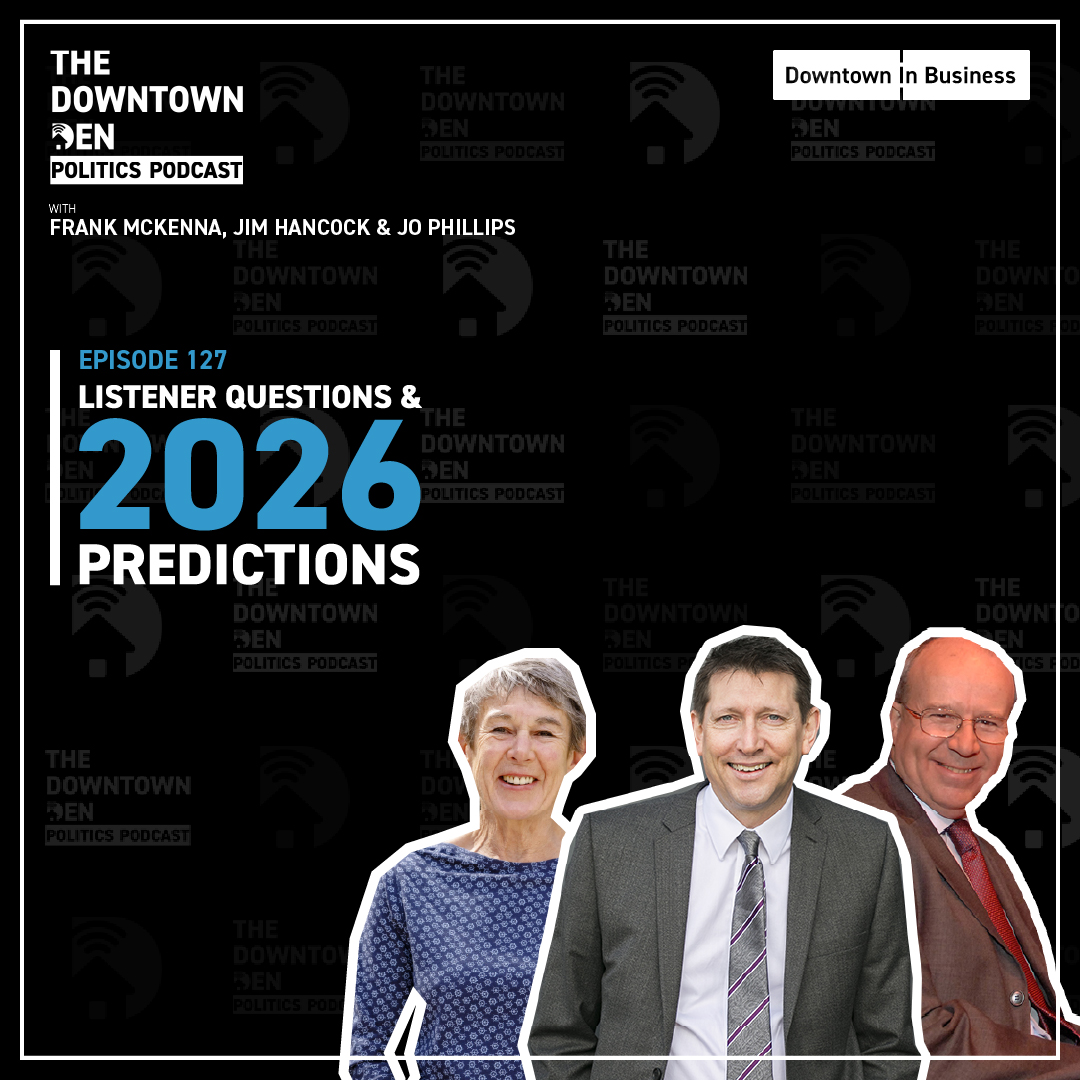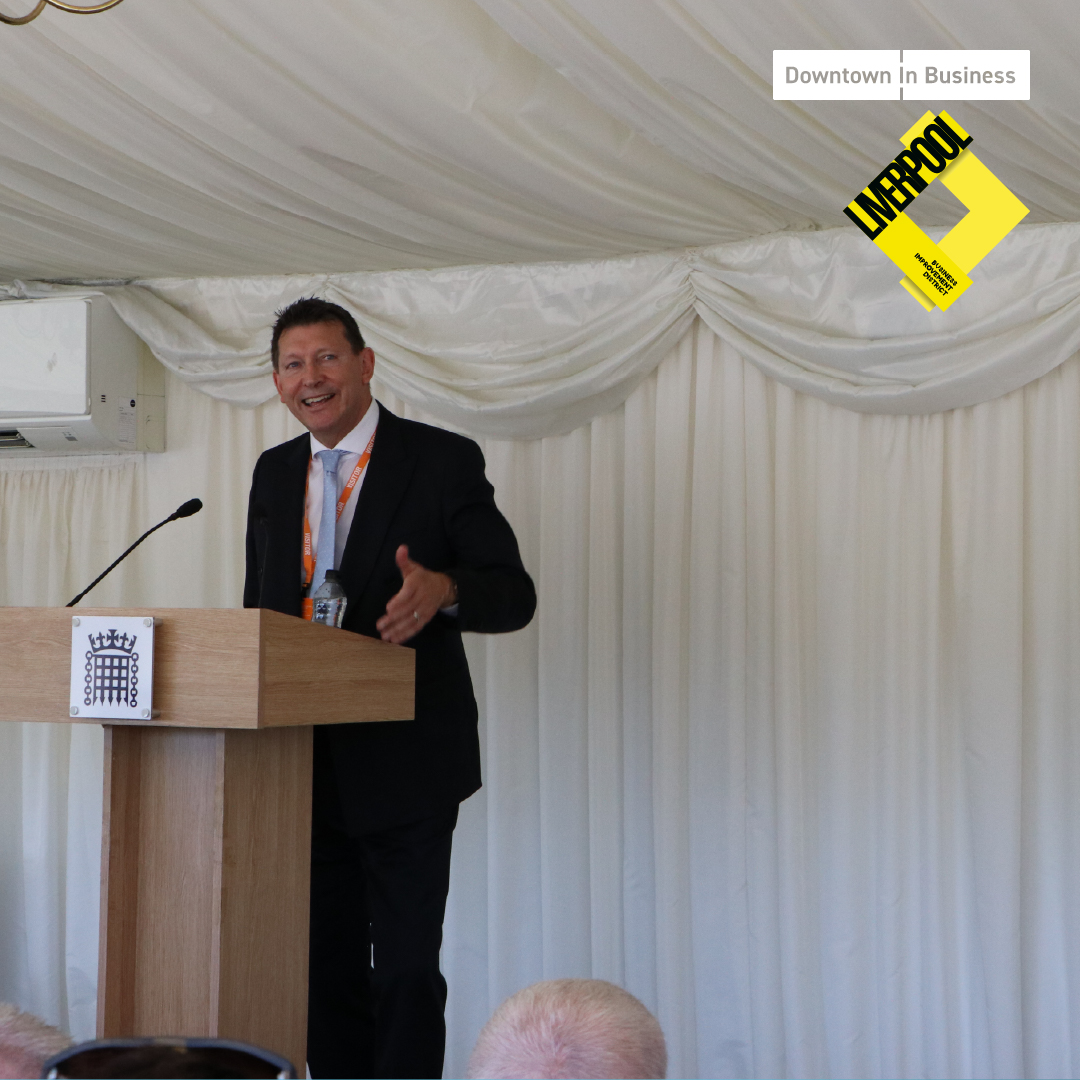Immigration dominates our headlines. Images of small boats crossing the Channel stir anger. Stories about asylum seekers in hotels spark resentment. And myths about “benefit tourism” refuse to die.
But here’s the truth: immigration is not a burden. It’s one of Britain’s greatest assets. The problem isn’t immigration itself — it’s the way successive governments have chosen to manage it.
If we step back from the noise and look at the evidence, immigration strengthens our economy, sustains our public services, and enriches our communities. The challenge is to get the system right, so that it works fairly for migrants and reassures the British public.
The Benefits We Don’t Talk About Enough
- Boosting the economy: Migrants fill vital jobs in the NHS, social care, logistics, and hospitality. They make us more productive and pay more in taxes than they take out in services. The Office for Budget Responsibility has been clear: immigration supports growth and strengthens the public finances.
- Keeping public services running: One in six NHS workers and over 20% of adult social care staff are from overseas. Without them, waiting lists would be even longer and care homes would close.
- Balancing an ageing population: Migrants are younger, on average, than the UK-born population. That means they’re helping to pay the taxes that keep pensions and public services going.
- Driving innovation: Many of Britain’s most exciting new businesses have immigrant founders. And international students alone contribute more than £40 billion to our economy each year, supporting nearly 400,000 jobs.
Why the ECHR Needs Reform, Not Rejection
A lot of anger about immigration is rooted in fairness. People want to know that genuine refugees are protected, and that those with no case to stay are removed quickly.
That’s where the European Convention on Human Rights (ECHR) comes in. It has been essential in defending basic rights, but the way it currently works has created unnecessary friction.
A reformed and modernised ECHR could:
- Give greater protection to genuine asylum seekers.
- Prevent drawn-out legal delays for those with no valid claim.
- Deliver faster, fairer decisions that win public confidence.
- Introduce an automatic penalty of deportation for those granted asylum who break the law.
Modernising the ECHR — not abandoning it — is how Britain can combine compassion with control.
The Truth About Small Boats
Small boats have become the lightning rod for the immigration debate. But they’re only a fraction of the story.
- In 2024, around 36,800 people arrived in small boats.
- That’s fewer than in 2022, and just 30–40% of asylum applications.
- Asylum seekers overall accounted for only 11–16% of immigration.
- By contrast, net migration hit 900,000 in 2023 before easing to 728,000 in 2024, driven mostly by work, study, and family visas.
So yes, small boats are a serious issue — but they are not the immigration crisis. They dominate the debate because they’re visible, not because they’re the biggest problem.
Hotels, Brexit, and the Asylum Backlog
One of the most toxic political decisions of recent years was the use of hotels to house asylum seekers.
The Conservatives introduced it to deter people from coming here — the idea being that uncomfortable conditions would reduce arrivals. In reality, it did the opposite: fuelling local anger, handing anti-immigration campaigners a gift, and costing the taxpayer over £8 million a day.
At its peak, over 50,000 asylum seekers were living in hotels. But the numbers have now fallen significantly, proving the problem was always solvable with political will.
Then came Brexit. By pulling out of the EU’s Dublin Regulation, the UK lost the ability to return asylum seekers to the first safe European country they entered. That left Britain isolated and weaker in managing migration flows.
And perhaps the biggest disaster? The Tory policy of deliberately slowing asylum decisions to look “tough.” This created a record backlog of 175,000 cases, leaving people stuck in limbo, banned from working, and costing billions. It was a self-inflicted catastrophe.
Time for a Reset
Immigration has always been part of Britain’s story. It drives our economy, keeps our services running, and enriches our culture. The real problem has been political mismanagement — slogans instead of solutions, and cruelty instead of competence.
A new approach must:
- Match migration to labour market needs.
- Modernise the ECHR to combine compassion with control.
- End gimmicks like hotel accommodation and clear the asylum backlog.
- Be honest about the small boats issue without letting it distort the bigger picture.
- Rebuild international cooperation to repair the damage of Brexit.
Immigration is good for Britain. The question is whether we choose to manage it properly — or continue letting bad politics stand in the way of good policy.


